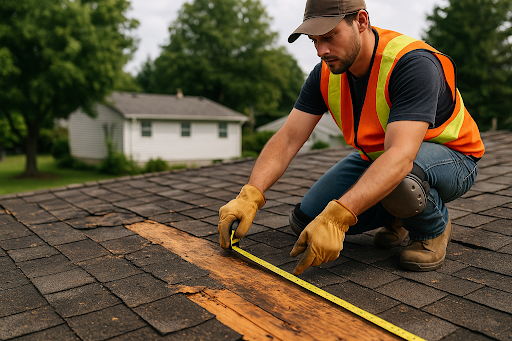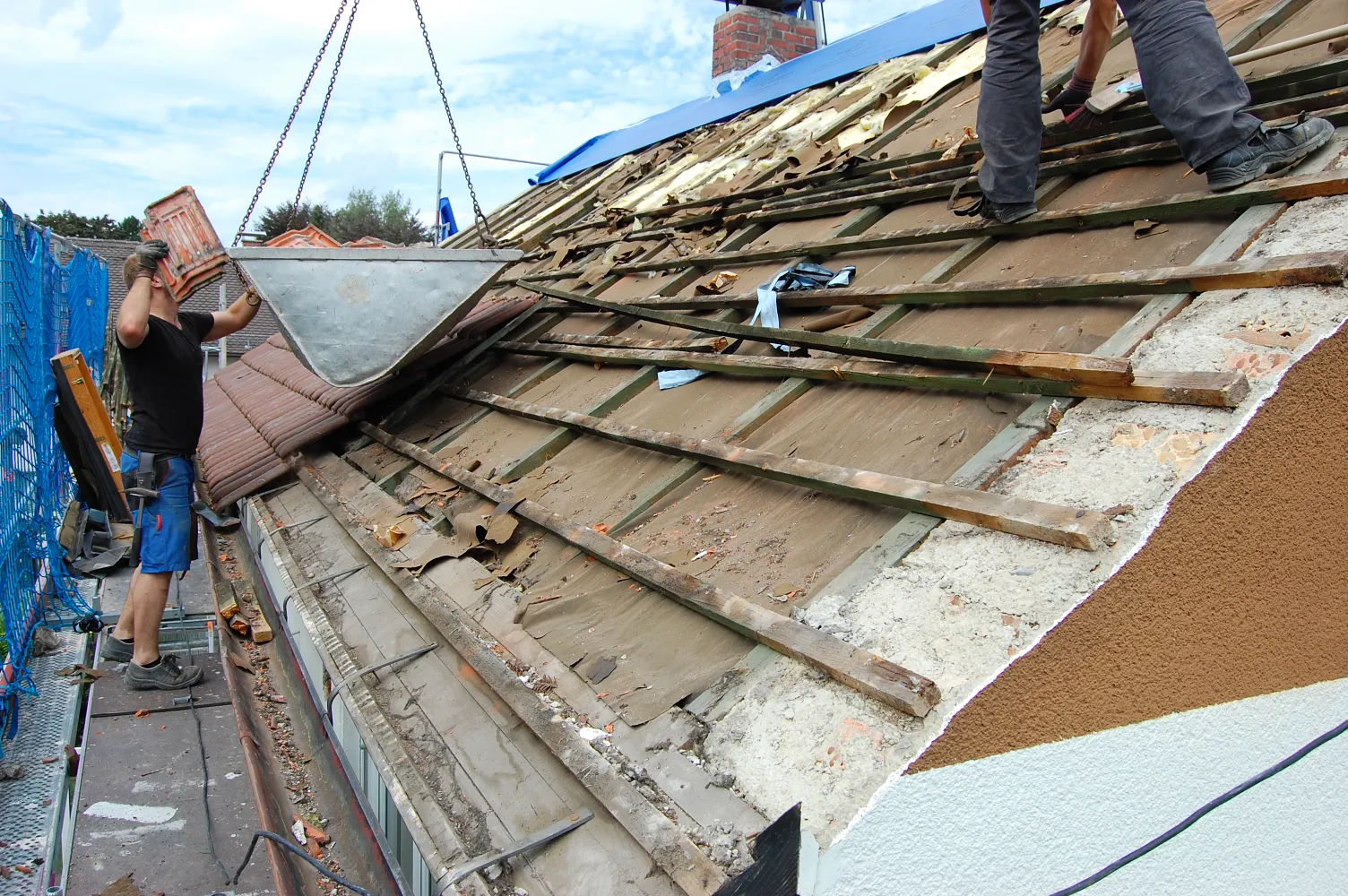When planning a roof replacement, it’s important to know what influences the total cost before starting. Roofs protect your home from the elements, add value, and affect energy efficiency—so understanding how prices are determined helps you plan better. Several factors, including materials, labor, and roof size, can change your final estimate.
A clear budget and the right contractor can make a big difference. Knowing what to expect prevents surprises during installation, especially if your roof needs repairs before replacement. Let’s explore the main factors that shape your roof replacement costs and how to prepare your finances.
Key Factors That Affect Roof Replacement Costs
One of the most significant price drivers in a roof replacement is the type of material. Asphalt shingles are affordable and widely used, while metal, tile, or slate options cost more due to their durability and look. Premium materials can last much longer, making them a better long-term investment despite higher upfront costs.
Labor is another major factor. The complexity of your roof, local rates, and contractor skill all matter. Roofs with steep slopes, chimneys, or multiple layers take more time to replace. You’ll also need to consider debris removal, permit fees, and underlayment or flashing replacement.

How Roof Size and Condition Impact Replacement Pricing
The size of your roof directly affects how much your roof replacement will cost. Roofing materials are sold per square foot, so larger homes require a higher budget. On average, homeowners spend between $6,000 and $15,000 for a standard replacement. Complex designs, such as multi-level roofs, can add more expense.
Your roof’s condition also matters. If there’s water damage, rot, or weak decking, those issues must be repaired first. While these repairs raise the total, they help your roof last longer and perform better in all seasons.

Planning Your Roof Replacement Budget Wisely
Setting a clear budget is the best way to prepare for your roof replacement. Get at least three quotes from licensed and insured contractors, and compare warranties and timelines. Be cautious of offers that seem too cheap—they may cut corners or use low-quality materials.
To save more, choose energy-efficient materials like cool roofing shingles or metal panels. They reflect sunlight and lower your energy bills. Scheduling your project during the off-season—like spring or late fall—can also reduce costs due to lower demand.
Final Thoughts
A roof replacement is more than a repair—it’s an investment in your home’s protection, comfort, and long-term value. Understanding cost factors helps you make smart, confident decisions and avoid overspending. With careful planning and professional guidance, you can enjoy a durable, weather-resistant roof that enhances both appearance and performance for many years.
For trusted roofing services, detailed pricing guidance, and maintenance advice, contact our roofing specialists today or dive into our Golden Eagle Roofing and Coatings blog for more expert roofing and home improvement tips.
